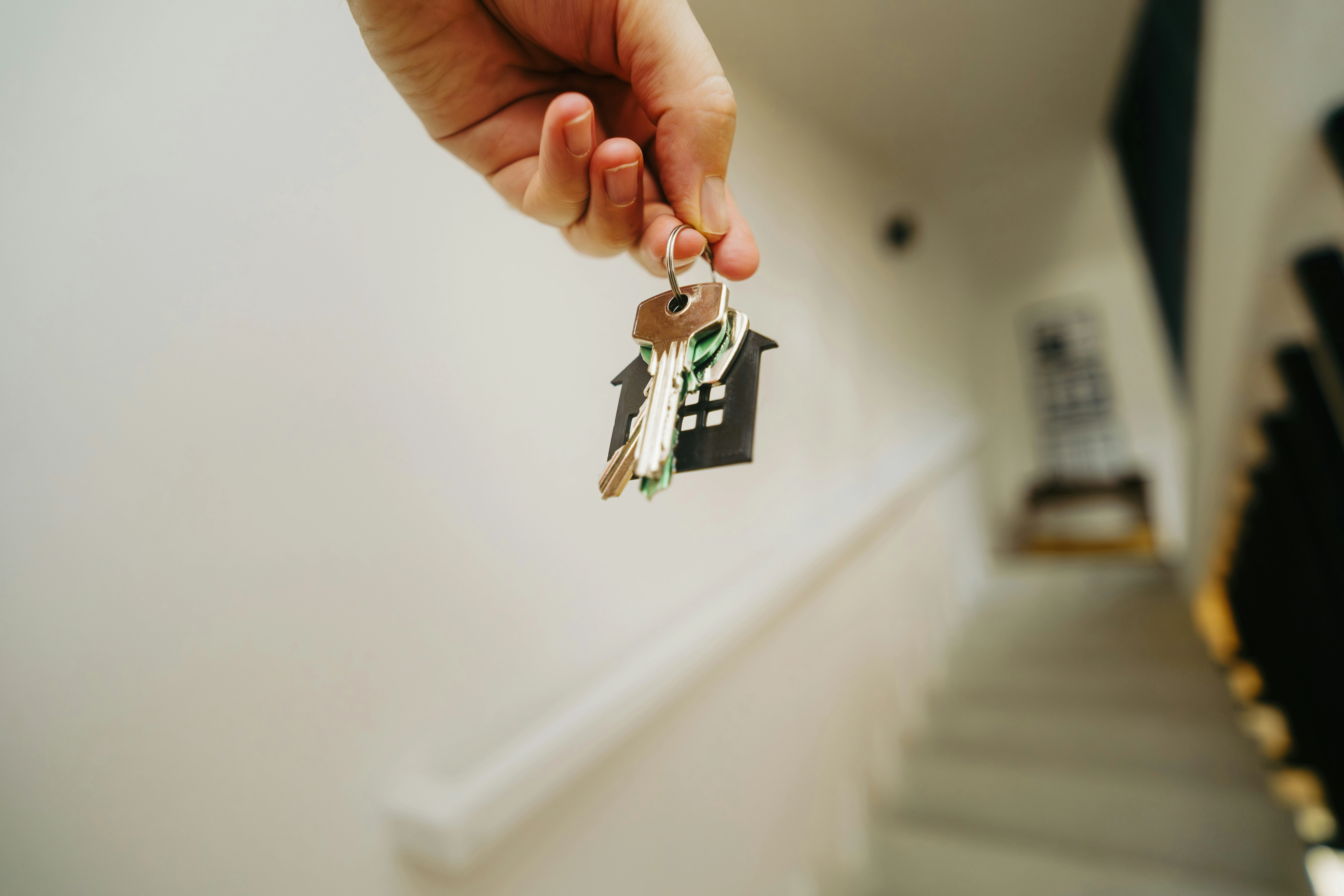Buying your first home is an exciting milestone—but it can also feel overwhelming if you're not sure where to start. From understanding mortgage options to navigating open houses, there are a lot of moving pieces. But don’t worry—you’re not alone.
Here are some essential first-time home buyer tips to help you move forward with confidence and make smart, informed decisions throughout your home-buying journey.
1. Know Your Budget (And Stick to It)
Before falling in love with that dream kitchen or a backyard made for entertaining, it's important to understand what you can realistically afford. Start by getting pre-approved for a mortgage, which will give you a clear picture of your budget and show sellers you're a serious buyer.
Pro Tip: Don’t forget to factor in closing costs, property taxes, homeowners' insurance, and potential maintenance expenses.
2. Check Your Credit Score
Your credit score plays a major role in the mortgage interest rate you’ll receive. A higher score can mean lower monthly payments and better loan terms. Check your credit report early, and if needed, take steps to improve your score before applying.
3. Explore First-Time Buyer Programs
Many governments offer special programs to help first-time buyers. In Canada, for example, there are several federal programs designed to make homeownership more accessible:
Home Buyers’ Plan (HBP): Withdraw up to $60,000 tax-free from your RRSP to help with your down payment.
- First Home Savings Account (FHSA): Save up to $40,000 tax-free, with annual contributions of up to $8,000. Both contributions and withdrawals for a qualifying home purchase are tax-advantaged.
- First-Time Home Buyers' Tax Credit: Receive a non-refundable tax credit of up to $1,500 on your tax return to help offset purchase-related costs.
- GST/HST New Housing Rebate: Potential eligibility for tax rebates when purchasing a new home.
4. Make a List of Must-Haves vs. Nice-to-Haves
It’s easy to get distracted by granite countertops or trendy fixtures, but focus on what really matters: location, layout, number of bedrooms, and commute time. Create a list of essentials versus features you can live without (or add later).

5. Hire the Right Real Estate Agent
A trusted real estate agent is your best ally in the buying process. They can help you find properties that match your criteria, negotiate on your behalf, and guide you through inspections, paperwork, and closing. Look for an agent who understands the local market, communicates clearly, and genuinely listens to your goals.
Contact Calgary Real Estate Agent
6. Don’t Skip the Home Inspection
A home may look perfect on the surface, but hidden issues can cost thousands down the line. A professional home inspection gives you insight into the property's condition and can be a powerful tool in negotiations.
7. Think Long-Term
Are you planning to stay in the area for several years? Is the neighbourhood growing? Think beyond today’s needs—buying a home is a long-term investment. Consider how your lifestyle or family needs might change in the next 5–10 years. In a competitive market, you need to act quickly when the right home appears—but never feel pressured into a decision. Buying a home is a big commitment. Trust your gut and take your time to get it right.
Find Your Calgary Home
Browse the latest Calgary real estate listings and discover your next home.
SEARCH HOMES


Leave A Comment